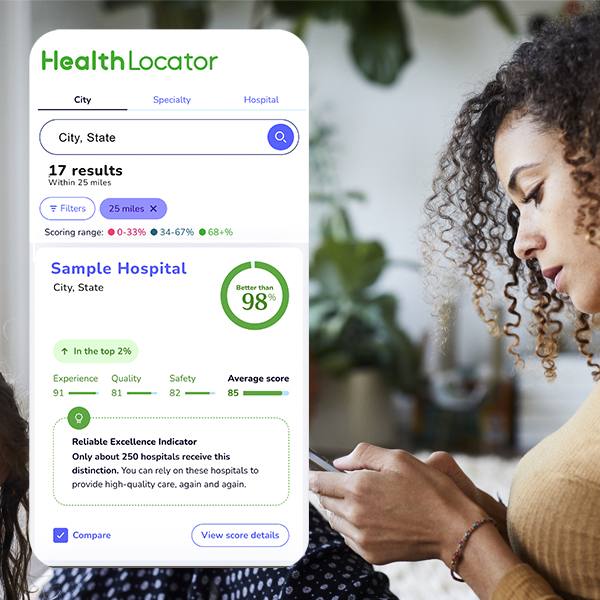-
FDA Says Genetically Engineered Salmon Safe to Eat
The Food and Drug Administration (FDA) has approved use of a genetically engineered salmon, making it the first genetically altered animal to be used as food in the U.S.
The AquAdvantage Salmon, from a company called AquaBounty Technologies, is a type of Atlantic salmon injected with a gene from a Pacific Chinook salmon to make it grow faster.
The company says the genetically modified salmon have the same flavor, texture, color and odor as conventional fish and can be brought to market faster. Critics have dubbed the modified salmon “Frankenfish” and worry it could cause human allergies and environmental problems.
“Genetically engineered food is a highly controversial topic,” explains Mayo Clinic Healthy Living Program Medical Director Dr. Donald Hensrud.“What people are concerned about is the safety of genetically engineered food.”
Dr. Hensrud says it is important to note, currently over 90 percent of soybeans and almost 90 percent of corn in the U.S. is genetically engineered, and there have been no cases of illness or injury to humans from genetically engineered food based on almost 1,800 published studies as of 2013. However, he says, “People remain concerned about the theoretic risk of harm from consuming these foods, as well as possible harm to the environment.”
The FDA says it has determined that the approval of the AquAdvantage Salmon would not have a significant environmental impact because of the multiple measures being taken to contain the fish and prevent their escape. The salmon will be allowed to be raised only in land-based, contained hatchery tanks at two facilities in Canada and Panama, and no other facilities in the U.S. or elsewhere will be allowed to breed or raise the salmon for human consumption.
AquaBounty says the fish could be on grocery store shelves in about two years, which is how long it takes the salmon to grow. When it arrives, it may not have a label indicating it is engineered, another point that worries critics.
Dr. Hensrud expects debate to continue in the years leading up to the arrival on the genetically engineered salmon in stores. “Because of the nature of this topic and the strong views that many people have, it is very likely there will be ongoing discussions on the benefits and possible risks of genetically engineered salmon and all genetically engineered food.”








